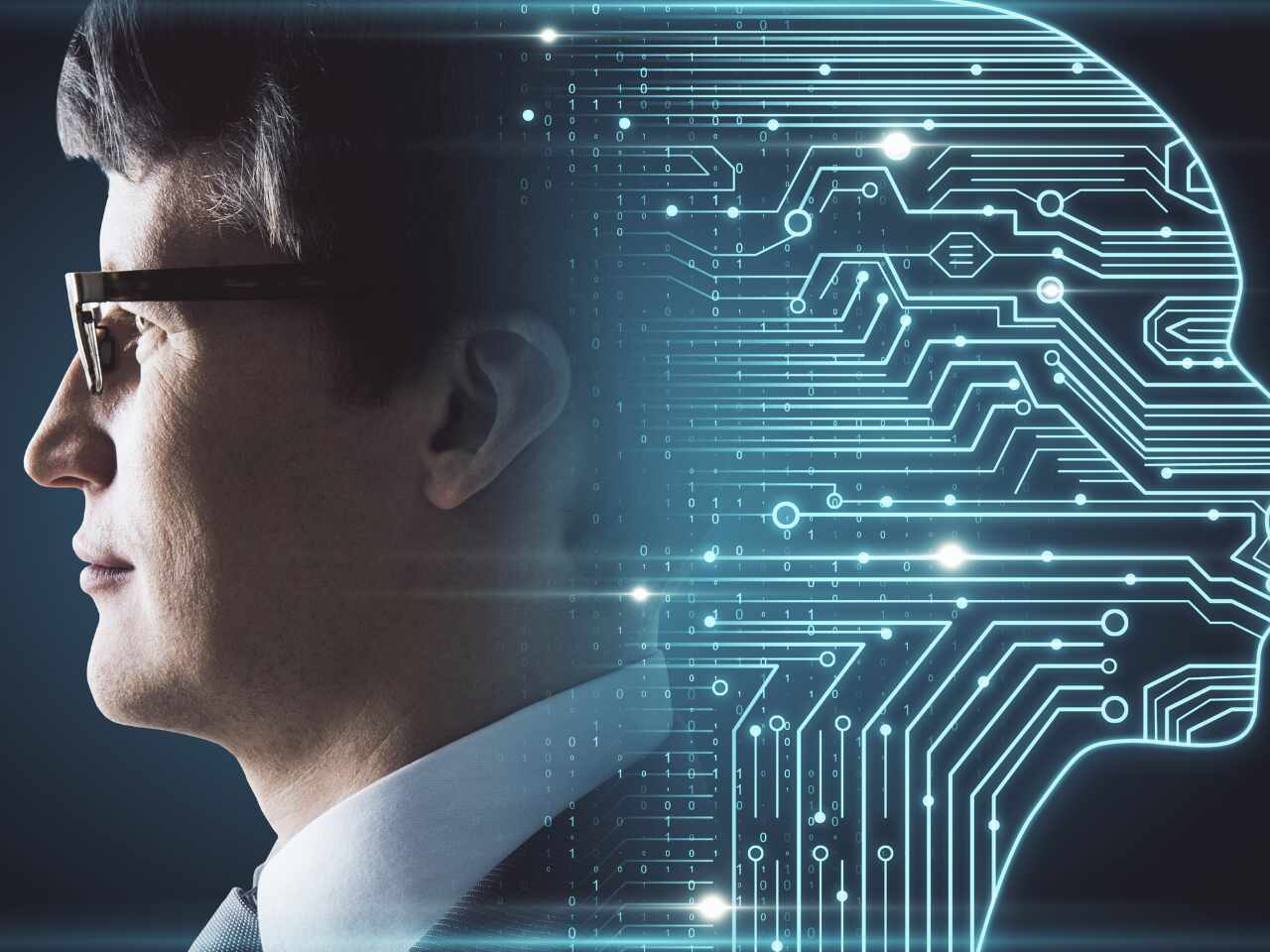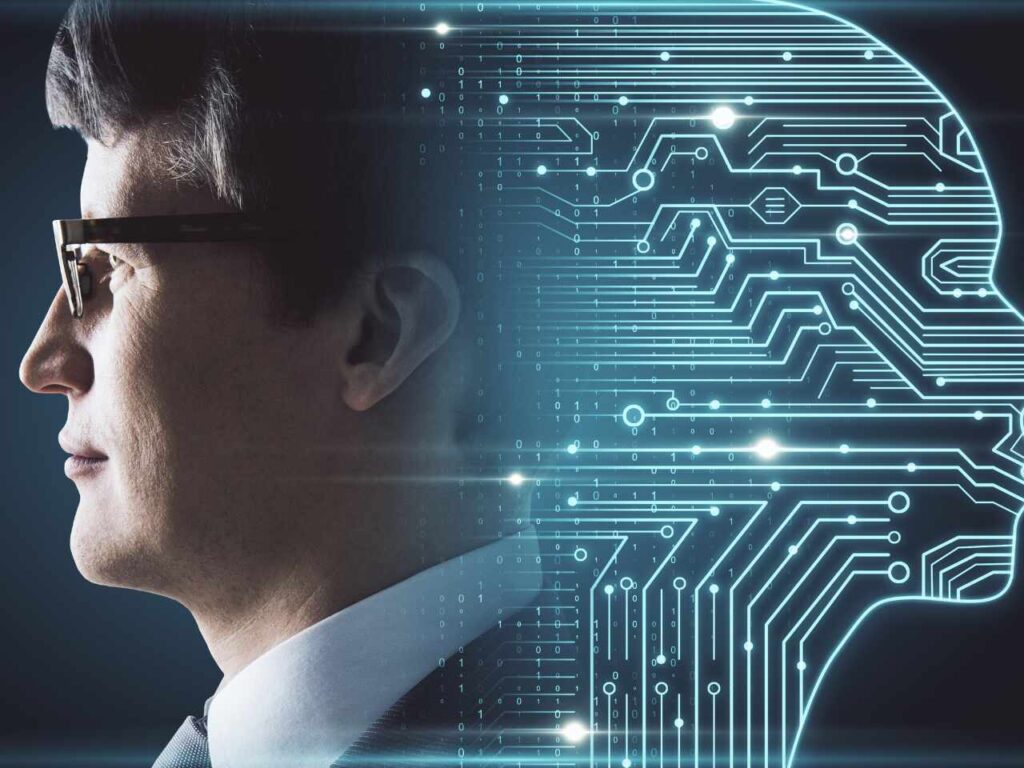
How is AI used in Medical Diagnostics?
How is AI used in medical diagnostics: In recent years, Artificial Intelligence (AI) has revolutionized the healthcare industry, ushering in a new era of innovation, efficiency, and patient-centric care. From accelerating medical diagnoses to revolutionizing drug discovery, AI-powered technologies are transforming every facet of healthcare delivery.
In this blog post, we explore the exciting developments in the field of Healthcare AI, highlighting its transformative impact on patient outcomes, operational efficiency, and medical research.
Transforming Medical Diagnostics with AI
AI algorithms are revolutionizing medical imaging interpretation by analyzing radiological images with unprecedented accuracy and speed.
From detecting tumors in mammograms to identifying abnormalities in CT scans, AI-powered diagnostic tools assist healthcare providers in making timely and accurate diagnoses, leading to improved patient outcomes and reduced diagnostic errors.
Predictive Analytics and Patient Management
Healthcare AI enables predictive analytics models to forecast patient outcomes, anticipate disease progression, and identify individuals at risk of developing chronic conditions.
By analyzing electronic health records (EHRs) and patient data, AI algorithms provide personalized treatment recommendations, optimize care pathways, and improve population health management, ultimately enhancing patient care and reducing healthcare costs.
Personalized Medicine and Treatment Planning
AI-driven precision medicine platforms analyze genetic data, biomarkers, and clinical variables to tailor treatment plans to individual patient characteristics and preferences.
By integrating genomic insights with clinical data, AI algorithms identify optimal drug therapies, predict treatment responses, and minimize adverse effects, leading to more effective and personalized healthcare interventions.
Drug Discovery and Development
AI accelerates drug discovery and development processes by analyzing vast datasets, predicting drug interactions, and identifying potential drug candidates with higher success rates.
From virtual screening of chemical compounds to optimizing drug formulations, AI-driven approaches streamline pharmaceutical R&D, shorten drug development timelines, and facilitate the discovery of novel therapeutics for complex diseases.
Remote Patient Monitoring and Telemedicine
In the era of telemedicine, Healthcare AI enables remote patient monitoring solutions that collect and analyze real-time health data from wearable devices and IoT sensors.
By tracking vital signs, medication adherence, and disease progression remotely, AI-powered telehealth platforms enable timely interventions, reduce hospital readmissions, and enhance access to quality healthcare services, particularly in underserved communities.

Surgical Robotics and Assistive Technologies
AI-driven surgical robots enhance surgical precision, efficiency, and patient safety by assisting surgeons in complex procedures. With machine learning algorithms guiding surgical instruments and providing real-time feedback, robotic-assisted surgeries minimize invasiveness, shorten recovery times, and improve surgical outcomes, revolutionizing minimally invasive surgery across various specialties.
Healthcare Operations and Workflow Optimization
AI-powered healthcare management systems optimize operational processes, resource allocation, and workflow efficiency within healthcare facilities.
From scheduling appointments to managing inventory and staffing, AI-driven solutions streamline administrative tasks, reduce wait times, and improve resource utilization, enabling healthcare providers to deliver timely and cost-effective care to patients.
Conclusion | How is AI used in medical diagnostics
Healthcare AI is poised to revolutionize the way we diagnose, treat, and manage diseases, ushering in a new era of precision medicine and patient-centered care.
From improving medical diagnostics and treatment planning to accelerating drug discovery and enhancing healthcare operations, AI-powered technologies hold immense promise for transforming every aspect of healthcare delivery.

Leave a Reply